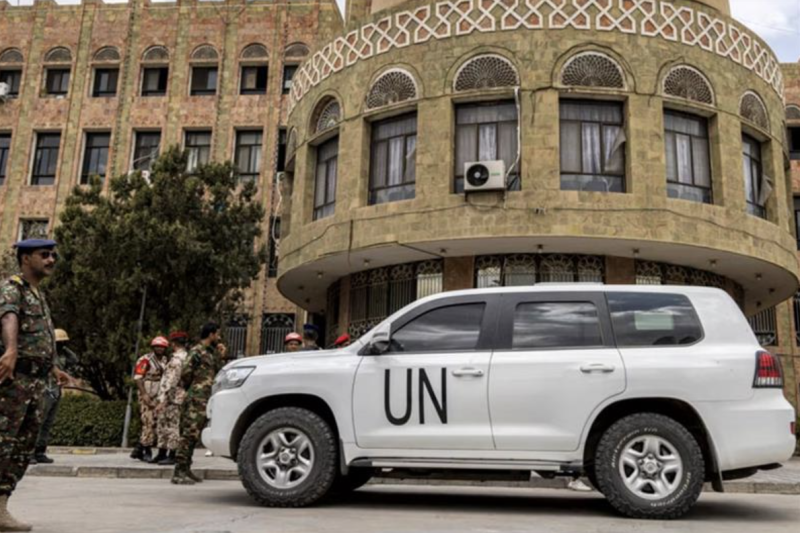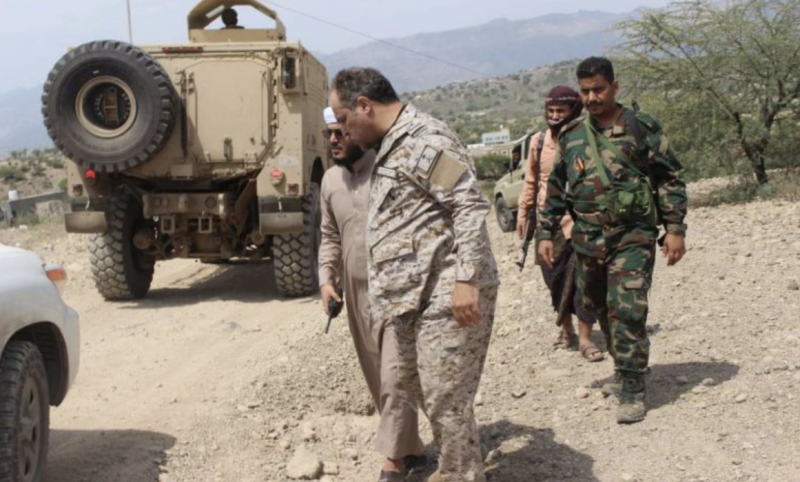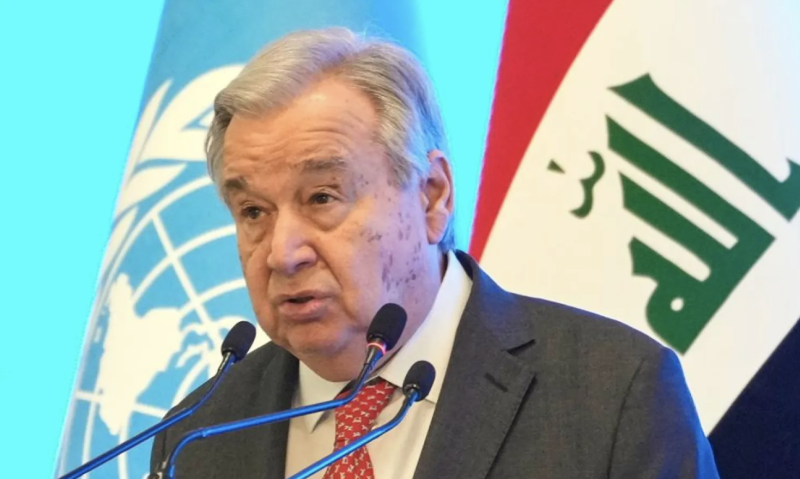U.S. launches new terrorism review of Iranian-backed rebels in Yemen


The Trump administration is considering new steps to intensify pressure on Yemen’s Houthi rebels, including a potential foreign terrorist organization designation, according to several officials, in a bid to further isolate the group’s patron, Iran.
The officials cautioned that no decision has been made but said the administration was discussing several possible moves, which could also include naming individual Houthi leaders as “global terrorists.” Like others, they spoke on the condition of anonymity to discuss internal deliberations.
The terrorist organization designation would make it illegal to provide support to the Houthis, ban members from traveling to the United States and freeze the group’s financial assets. Those actions would have a largely symbolic effect because of the rebels’ already isolated status but could make it more difficult for aid organizations to provide to relief in the country.
The discussions come as prospects for a swift negotiated settlement appear to be receding in the increasingly fractured conflict, which has spawned the world’s worst humanitarian crisis and allowed Iran to increase its influence on the Arabian peninsula.
The war has pitted the Houthi movement, which comes from a minority Shiite sect and now controls much of the country, against Yemen’s internationally recognized government and an allied Saudi-led military coalition that includes the United Arab Emirates.
The Trump administration previously considered designating the Houthi organization, officially known as Ansar Allah, a terrorist group in 2018. But the plan was shelved, in part because of concerns that it could complicate aid deliveries and endanger Westerners operating in Houthi-controlled areas of Yemen.
But now, with the administration seeking to extend its “maximum pressure” campaign against the Iranian government, a designation appears more likely. In recent days, senior officials announced new steps to block Iran’s access to ballistic missiles and other conventional arms, and Secretary of State Mike Pompeo declared that international sanctions against Iran were back in place, a position that few other countries support.
A possible decision to label the Houthis terrorists sets the Trump administration’s most aggressive Iran hawks against officials who view the move as inconsistent with the U.S. goal of an inclusive peace settlement for Yemen that includes a role for the Houthis in the government.
A senior U.S. official said officials were preparing to conduct a legal and intelligence review to determine whether the Houthi organization now meets the criteria for a terrorism designation or new sanctions in a way it previously did not.
“I think the facts have changed since the last time they did the review, that there probably is more compelling intelligence that might support a designation,” the official said.
That is the same review process that resulted in a 2019 decision to designate Iran’s powerful Islamic Revolutionary Guard Corps as a foreign terrorist group, despite the objections of officials in some agencies, including the Defense Department.
Western officials say Iran has steadily increased its support to the Houthis, providing more missiles, drones and on-the-ground assistance.
One argument for designating the Houthis, the official said, would be its relationship with the IRGC.
In January, on the day the U.S. military launched a drone strike in Iraq killing Qasem Soleimani, the Iranian military leader who headed the IRGC’s elite Quds Force, it also conducted an unsuccessful strike in Yemen against Abdul Reza Shahlai, another senior Quds Force official who was believed to be working with the Houthis.
The State Department declined to comment on the renewed discussions.
The Saudi government designated the Houthis as a terrorist group in 2014. Houthi leader Abdulmalik al-Houthi is already subject to individual sanctions by the Treasury Department, accusing him of acting against the stability of Yemen.
The administration could decide to designate the rebel group or individual members as “specially designated global terrorists” under an executive order aimed at blocking funding for militant activities.
Any designation could add a new element of controversy to the war, in which the Saudi-led coalition has been criticized for repeatedly striking civilians from the air. Facing unusual bipartisan pushback in Congress, the Trump administration has limited its military involvement in the conflict despite a robust military partnership with Saudi Arabia.
The discussions also reflect a recognition that a political process led by U.N. envoy Martin Griffiths, a British diplomat, appear unlikely to yield a deal any time soon. Briefing the U.N. Security Council last week, Griffiths said fighting in Yemen had intensified.

Sana’a – The United Nations has strongly condemned the detention of ten additional UN staff members by Houthi forces on December 18, de…

Marib -- Yemen’s Shield of the Nation Forces announced that they successfully thwarted an attempt to plant improvised explosive devices (IEDs…

Aden -- United Nations Secretary-General Antonio Guterres on Friday condemned the Houthi detention of another 10 UN personnel in Yemen, taking the…